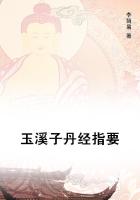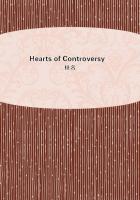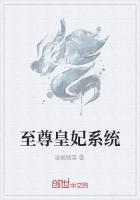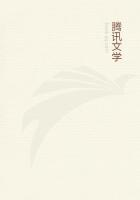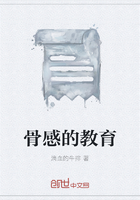That all the intermediate applications and realisations of the words are but types and repetitions--translations, as it were, from the language of letters and articulate sounds into the language of events and symbolical persons?
And here again let me recur to the aid of analogy. Suppose a life of Sir Thomas More by his son-in-law, or a life of Lord Bacon by his chaplain; that a part of the records of the Court of Chancery belonging to these periods were lost; that in Roper's or in Rawley's biographical work there were preserved a series of dicta and judgments attributed to these illustrious Chancellors, many and important specimens of their table discourses, with large extracts from works written by them, and from some that are no longer extant.
Let it be supposed, too, that there are no grounds, internal or external, to doubt either the moral, intellectual, or circumstantial competence of the biographers. Suppose, moreover, that wherever the opportunity existed of collating their documents and quotations with the records and works still preserved, the former were found substantially correct and faithful, the few differences in nowise altering or disturbing the spirit and purpose of the paragraphs in which they were found; and that of what was not collatable, and to which no test ab extra could be applied, the far larger part bore witness in itself of the same spirit and origin; and that not only by its characteristic features, but by its surpassing excellence, it rendered the chances of its having had any other author than the giant-mind, to whom the biographer ascribes it, small indeed! Now, from the nature and objects of my pursuits, I have, we will suppose, frequent occasion to refer to one or other of these works; for example, to Rawley's Dicta et Facta Francisci de Verulam. At one time I might refer to the work in some such words as--"Remember what Francis of Verulam said or judged;" or, "If you believe not me, yet believe Lord Bacon." At another time I might take the running title of the volume, and at another the name of the biographer;--"Turn to your Rawley! HE will set you right;" or, "THERE you will find a depth which no research will ever exhaust;" or whatever other strong expression my sense of Bacon's greatness and of the intrinsic worth and the value of the proofs and specimens of that greatness, contained and preserved in that volume, would excite and justify.
But let my expressions be as vivid and unqualified as the most sanguine temperament ever inspired, would any man of sense conclude from them that I meant--and meant to make others believe--that not only each and all of these anecdotes, adages, decisions, extracts, incidents, had been dictated, word by word, by Lord Bacon; and that all Rawley's own observations and inferences, all the connectives and disjunctives, all the recollections of time, place, and circumstance, together with the order and succession of the narrative, were in like manner dictated and revised by the spirit of the deceased Chancellor?
The answer will be--must be--No man in his senses! "No man in his senses--in THIS instance; but in that of the Bible it is quite otherwise; for (I take it as an admitted point that) it IS quite otherwise!"
And here I renounce any advantage I might obtain for my argument by restricting the application of our Lord's and the Apostle's words to the Hebrew Canon. I admit the justice--I have long felt the full force--of the remark--"We have all that the occasion allowed." And if the same awful authority does not apply so directly to the Evangelical and Apostolical writings as to the Hebrew Canon, yet the analogy of faith justifies the transfer. If the doctrine be less decisively Scriptural in its application to the New Testament or the Christian Canon, the temptation to doubt it is likewise less. So at least we are led to infer; since in point of fact it is the apparent or imagined contrast, the diversity of spirit which sundry individuals have believed themselves to find in the Old Testament and in the Gospel, that has given occasion to the doubt;--and, in the heart of thousands who yield a faith of acquiescence to the contrary, and find rest in their humility--supplies fuel to a fearful wish that it were permitted to make a distinction.

